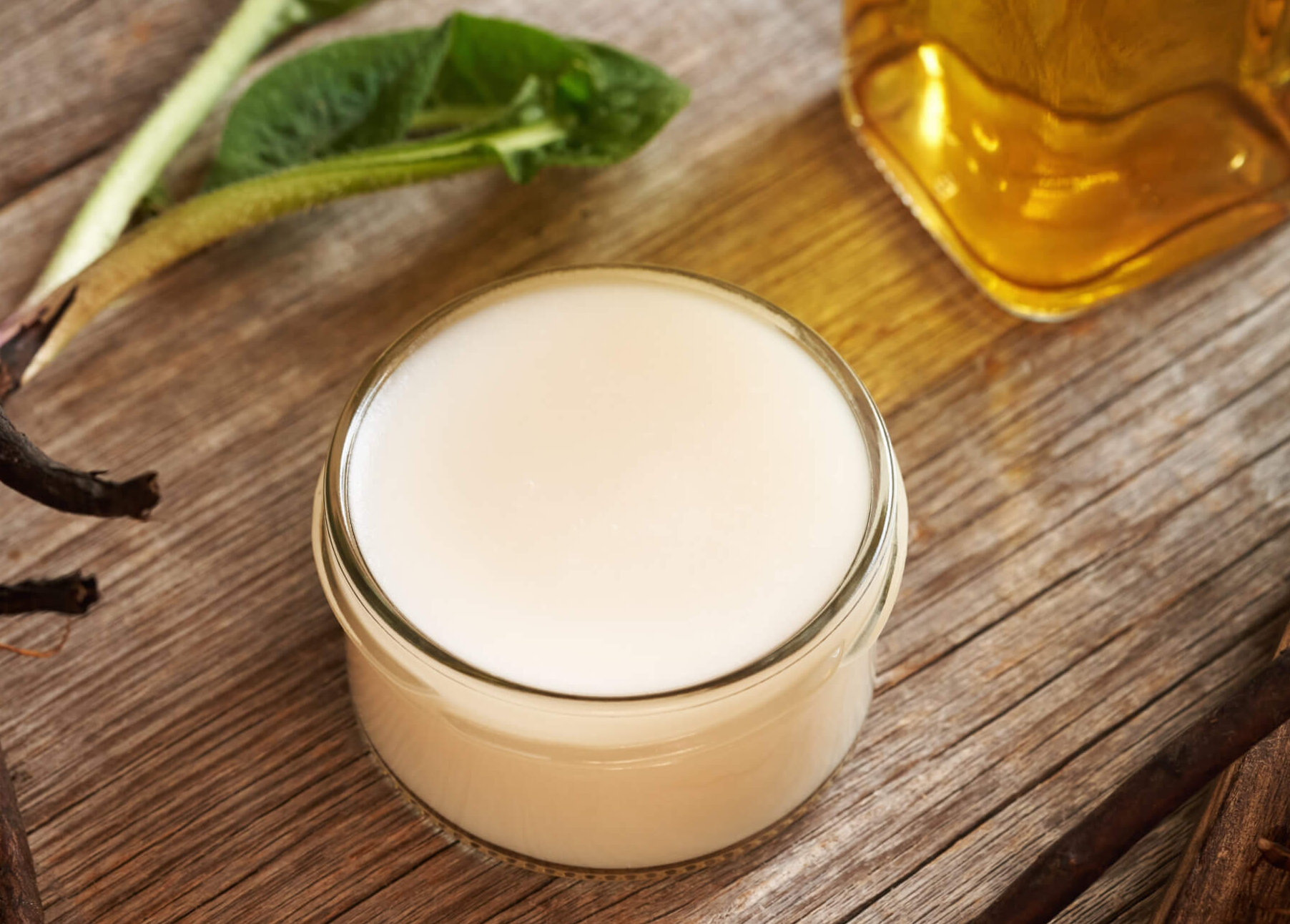Can You Mix Peanut Oil and Canola Oil? Cooking Detective

Can You Mix Peanut Oil And Vegetable Oil? Read On!
Use good quality oil with a smoke point of 400°f or higher. Vegetable, corn, canola, soybean, or peanut oils are safe to use. Do not use any solid/hydrogenated oil, shortening, olive oil, grapeseed oil or lard in this turkey fryer. Do not mix oils, as they have different smoke points.

Can You Mix Peanut Oil and Vegetable Oil? Healing Picks
Yes, you can mix canola and peanut oil. One thing to keep in mind though is that the smoking point will be of the lowest oil, not the highest. Not all vegetable oils are the same. If you find that you do not have enough canola oil when trying to fry something, you can add some peanut oil. Peanut oil will not alter the taste of the food or harm.

Can You Mix Peanut Oil and Canola Oil? Fanatically Food
The blend of peanut oil and canola oil can bring out a more complex and well-rounded flavor in your dishes. It can add a subtle nutty taste and enhance the overall flavor profile. 8. Can you use a mixture of peanut oil and canola oil for marinating meats? Yes, the blend of peanut oil and canola oil can work well for marinating meats.

Can You Mix Peanut Oil and Canola Oil? Cooking Detective
Peanut oil is a healthier alternative than canola oil for food methods that need high heat, such as frying, since it has a higher smoke point. Peanut oil can be firmly utilized at temperatures up to 450 degrees Fahrenheit, although canola oil has a smolder point of 400 degrees Fahrenheit. Final Words. Can You Mix Peanut Oil and Canola Oil? Yes.

Can You Mix Peanut Oil And Vegetable Oil
Peanut oil is higher in saturated fat, which makes up 18 percent of the total fat content, making it slightly less nutritious than canola oil — but it still contains 48 percent monounsaturated fat and 34 percent polyunsaturated fat. Diets high in monounsaturated fats are linked to increased insulin sensitivity, reduced total cholesterol and.

Can You Mix Peanut Oil And Vegetable Oil? Evil Chef Mom
Canola oil is known for its low level of saturated fat and high level of monounsaturated fat, while peanut oil is full of healthy fats and is a good source of vitamin E. Additionally, canola oil has a neutral flavor, making it a great base for blending with other oils, such as peanut oil, which has a strong nutty taste.

Can You Mix Peanut Oil and Vegetable Oil? Healing Picks
How Mixing Peanut Oil and Canola Oil Affects the Flavor of Your Food. Mixing peanut oil and canola oil can have a positive effect on the flavor of your food. Peanut oil adds a nutty flavor, while canola oil is mild and almost flavorless. By combining the two oils, you can create a balance of flavors that is both nutty and mild.

Can You Mix Peanut Oil And Vegetable Oil? Evil Chef Mom
Derived from the seeds of the canola plant, canola oil has gained popularity due to its mild flavor and high smoke point. It is a versatile oil that can be used for various cooking methods, including sautéing, baking, and even salad dressings. Canola oil's neutral taste allows it to blend seamlessly with other ingredients, making it a.

Can You Mix Peanut Oil and Vegetable Oil? Healing Picks
The short answer is yes, you can mix canola oil and peanut oil, and in fact, doing so can create a delicious blend that offers the best of both worlds. Benefits of Mixing Canola Oil and Peanut Oil. Mixing canola oil and peanut oil can offer several benefits when it comes to cooking. Canola oil has a mild flavor and a high smoke point, making it.

Can You Mix Peanut Oil And Vegetable Oil
The short answer is yes, you can mix canola and peanut oil for frying. In fact, many professional chefs and home cooks blend different types of oils to achieve the perfect balance of flavor and performance. The Benefits of Mixing Canola and Peanut Oil 1.

Should You Mix Peanut Oil with Vegetable Oil? Alices Kitchen
Place the Crisco on a pan on your stovetop on low heat. You want it to melt to ensure you have the amount you need. Add the vegetable oil to the pan. Allow the mixture to reach the highest possible smoke point at 410 degrees Fahrenheit, then bring it back to a standard cooking temperature.

Things You Need to Know About Mixing Peanut Oil and Lard Price of Meat
Yes, you can. However, you have to keep in mind that, once mixed, the oils combine and inherit the lower smoking point of the two. For instance, if the smoking point of the peanut oil is 450°F and that of the vegetable oil is 400°F, the resultant smoking point will be 400°F. Read on to find out more about mixing the two most popular oils.

Can You Mix Peanut Oil and Vegetable Oil? (And Should You) Survival
To ensure the oils are mixed correctly, first combine the peanut and canola oil in a container in a 1:1 ratio. Then, place the container in a saucepan of boiling water. The boiling water will help to mix the oils and prevent them from separating. After a few minutes, remove the container from the saucepan and allow it to cool.

Can You Mix Peanut Oil and Canola Oil? Fanatically Food
Uses of Peanut Oil and Canola Oil Mix. You can mix peanut oil and canola oil when cooking or baking, but you should know that they have different smoke points. You'll need to mix the two oils together at a ratio of about 60% canola oil with 40% peanuts. . The mixture will give you the benefits of both oils and can be used for cooking at high.

Can You Mix Peanut Oil and Canola Oil? Fanatically Food
Baking and cooking with peanut oil vs canola oil. Refined canola oil typically has a smoke point of around 400°F (204°C), while refined peanut oil has a slightly higher smoke point, usually around 450°F (232°C). Peanut oil's high smoke point makes it perfect for deep-frying crispy delights like french fries, chicken tenders, and tempura.

Can You Mix Peanut Oil And Vegetable Oil
By combining peanut and canola oil, you can still benefit from the nutritional properties of both oils, such as the high smoke point of canola oil and the rich, nutty flavor of peanut oil. 4. Can mixing peanut and canola oil be cost-effective? Combining peanut and canola oil can be more cost-effective than using either oil on its own, allowing.